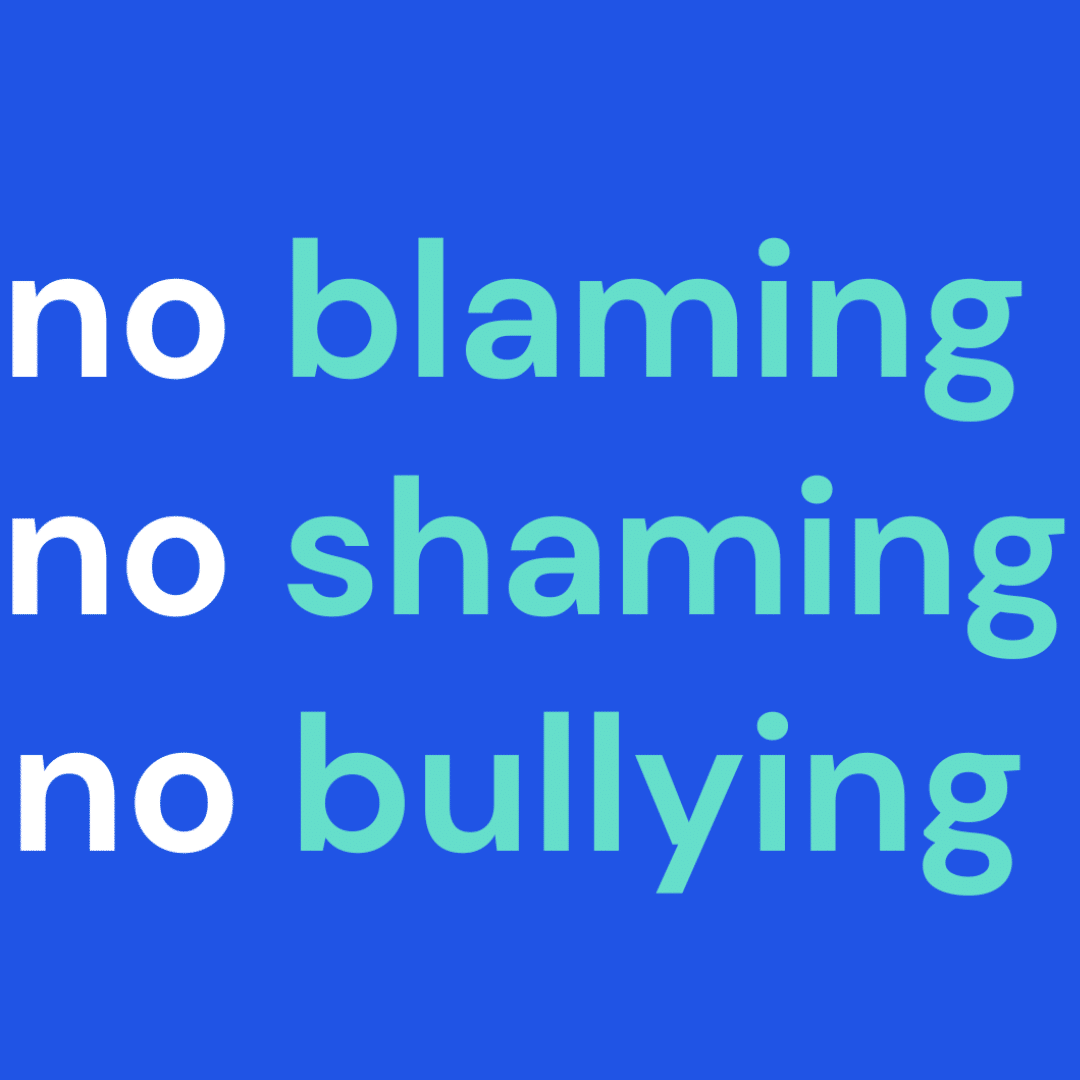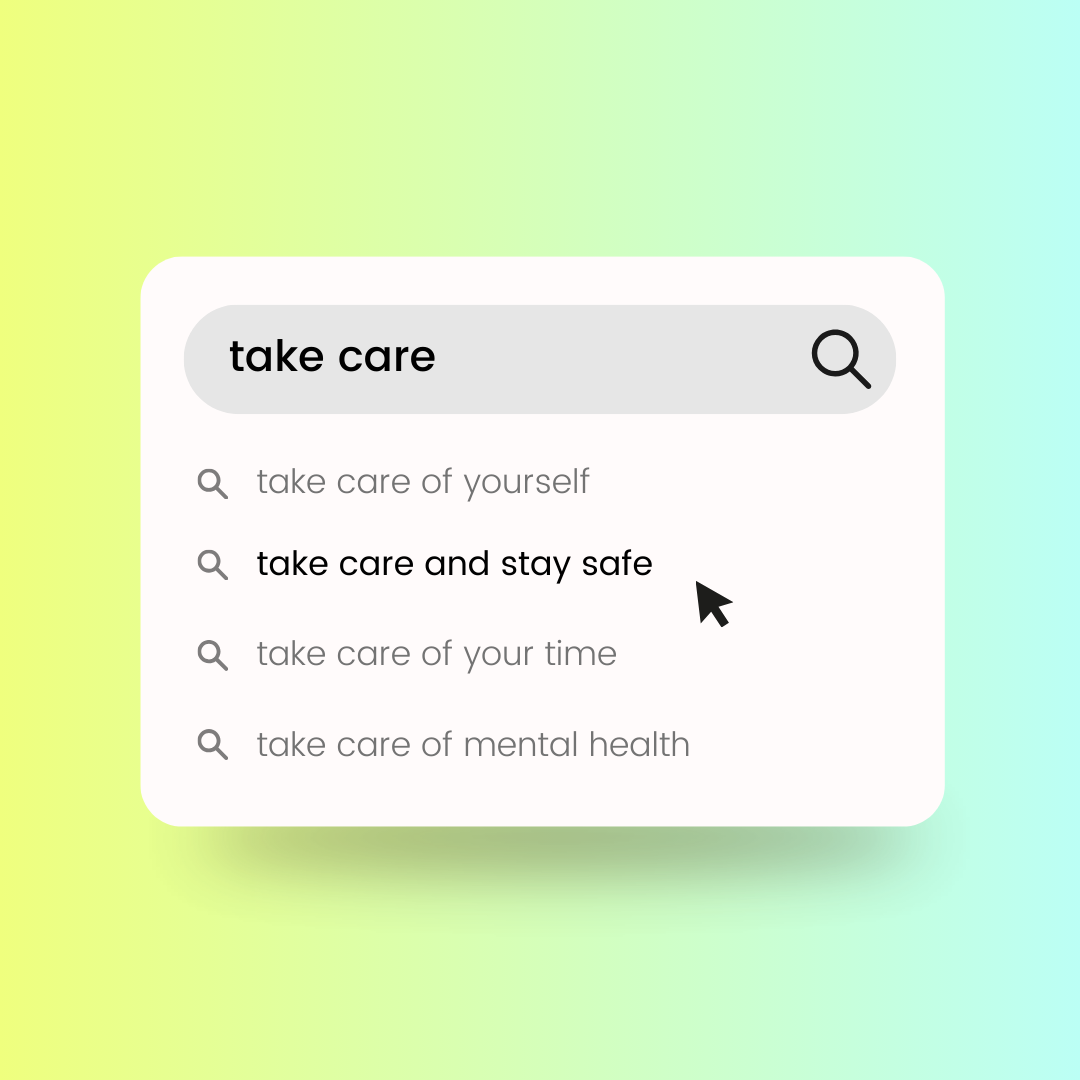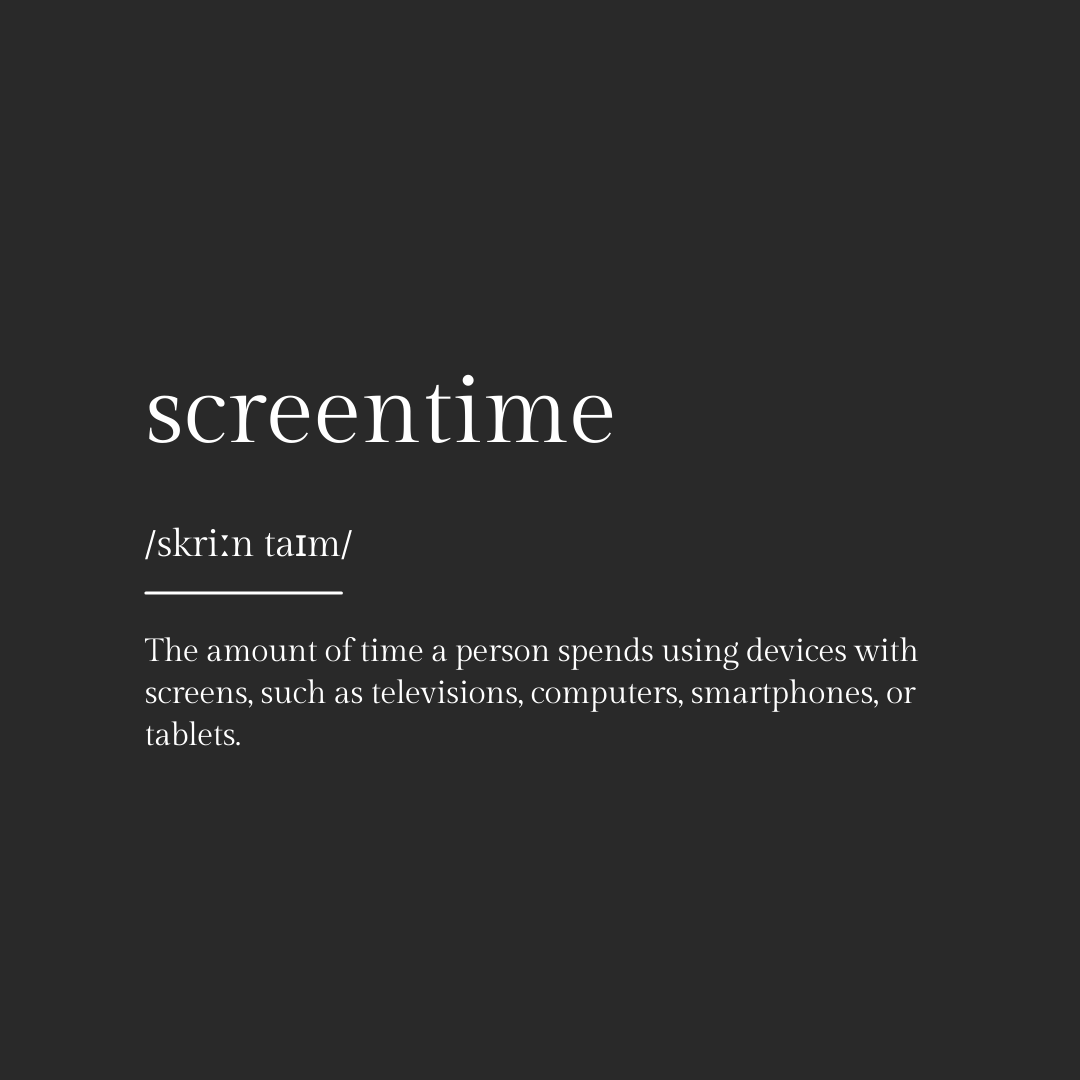Rejecting bystander effect and victim-blaming
Often, when someone is undergoing online abuse, whether they’re being groomed or experiencing the aftermath of having their nudes leaked, they feel discouraged from speaking or asking for help because they fear being shamed and blamed.

Choose your words carefully
When someone’s nudes are leaked, a lot of people feel the need to ask “What were you thinking?” Maybe your instinct is that you don’t understand why someone would send nudes to a stranger. But certain phrases do more harm than good, because they place blame on the victim rather than offer empathy and support.
Here are some common phrases to avoid when talking about people in an online crisis:
- ”They shouldn’t have taken those pictures in the first place.”
- “It’s their fault to trust someone with those pictures.”
- “They were asking for it by taking those pictures.”
- “They’re just seeking attention.”
Yes, there are multiple contexts as to why a friend sent a nude. Maybe they trusted the person, or maybe they were unjustly coerced into sending the images. But it’s important to note that leaked nudes are non-consensual and a violation of their privacy and trust. The only person responsible is the person who violated consent.
Reasons why victim-blaming does not make a safer internet
Victim-blaming makes a hostile environment for people who face online abuse. When someone experiences a crisis, take a step back to understand what your role is in perpetuating harmful online behavior.
Think through the situation.
When you victim-blame, you minimize violation of privacy by ignoring the fact that someone reshared confidential content without consent.
Never blame a victim.
Blaming makes victims hesitant to come forward and ask for help out of fear that they will be blamed or not believed.
Not the victim’s responsibility.
Blaming reinforces the idea that the victim is responsible for their own violation, which places the burden of prevention on the victim, not the perpetrator.
Reminders for the bystander
Sometimes you don’t have to actively use words to blame people. Saying nothing when a friend experiences online abuse, such as grooming or leaked nudes, can speak volumes (in a negative way).
When You Do Not Intervene…
The presence of bystanders who are unwilling to intervene when someone’s nudes are leaked, it can make victims feel more alone.
They May Not Seek Help.
Being a bystander can send the message that the victim is to blame for what happened, which can prevent them from seeking help.
Normalization is not good.
Blaming reinforces the idea that the victim is responsible for their own violation, which places the burden of prevention on the victim, not the perpetrator.
Exercising empathy
Let’s create a supportive and compassionate community. Your words can create the difference for someone going through an online crisis.
Here are some advice on how to practice support rather than blame:
- Use language that is supportive and non-judgmental when discussing the issue of non-consensual sharing of intimate images. Avoid using phrases that place blame on the victim. Here is a perfect example of what you could say to someone who experienced online abuse:
- Focus on the actions of the perpetrator rather than the victim. If you know someone who plans or has re-shared images of another person non-consensually, say something to discourage that behavior
- Offer support to those who have had their nudes leaked by listening to them, elevating resources, and if you’re comfortable, helping them with a plan of action. Let them know that they are not at fault and that they have your support.
Digital role models tip: Spreading awareness about the issue of non-consensual resharing of nudes helps educate others about the harmful effects of victim-blaming and the importance of supporting victims.
Friendly reminder: when we reject victim-blaming, we are opening space for our peers who experience online harassment or abuse to seek help.
Curious how you can be a digital role model? Take one of our quizzes or explore our other digital mindfulness resources.
Need to talk?
Text NOFILTR to 741741 for immediate assistance.



